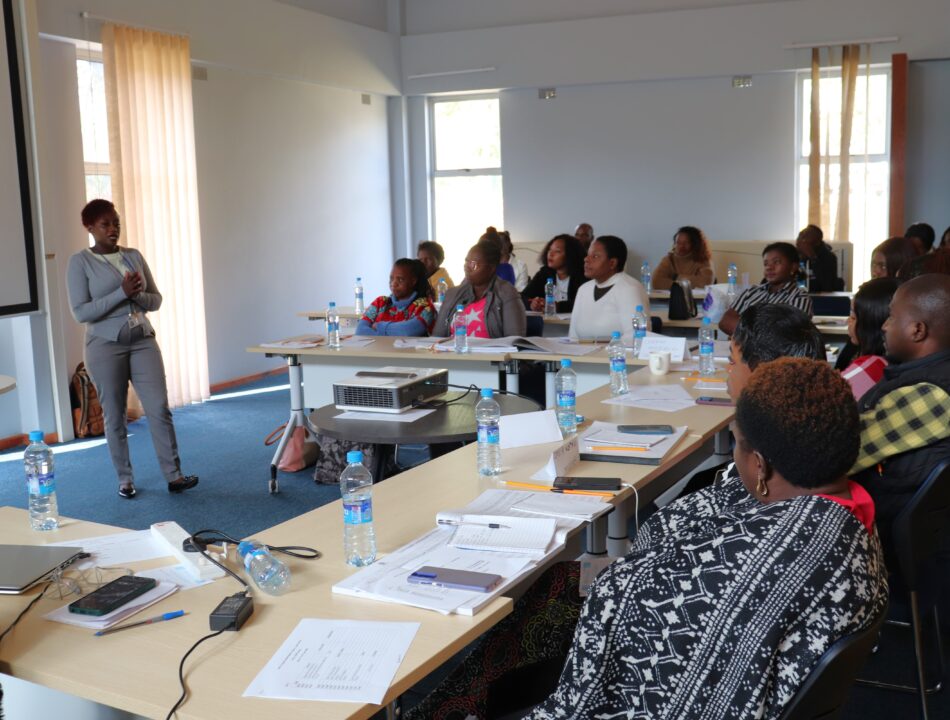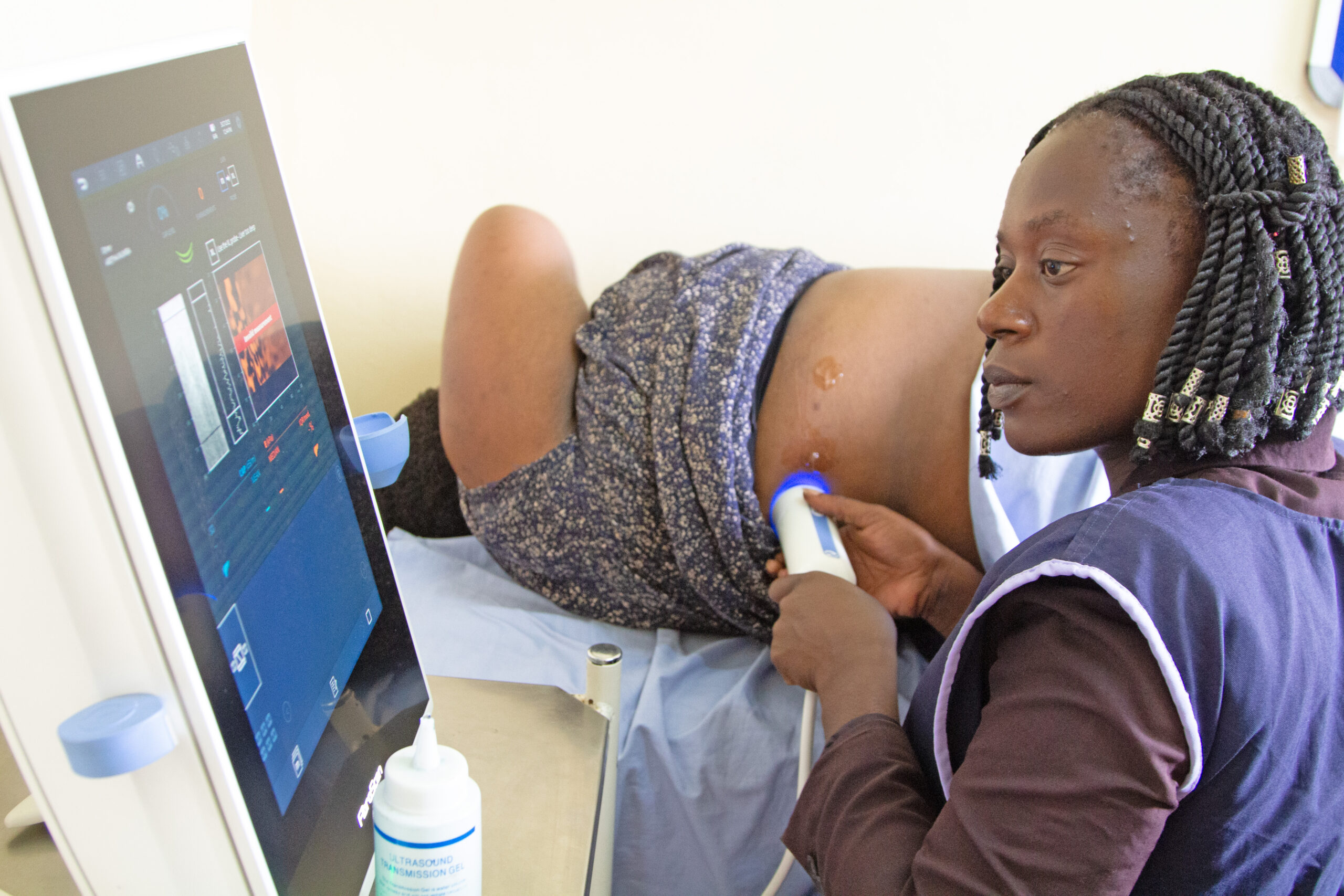Strengthening Resilient Health Systems for Universal Coverage – Key Findings on TB Patient Follow-Up in Lusaka District.

CIDRZ Expert Marksman Foloko Presents HIV Retention Study at Zambia Health Research Conference.
October 16, 2024
CIDRZ’s Kabwe Mwamba Highlights Role of SKILLZ Girl Programme in Promoting HIV Testing at Zambia Health Research Conference.
October 17, 2024The ongoing Zambia Health Research Conference has continued to receive more exciting presentations across the health sector, showcasing innovative solutions to strengthen healthcare services.
This year’s conference theme is “Sustainable and Resilient Health Systems: Accelerating Progress Towards Universal Health Coverage in the Face of Service Delivery Challenges, Emerging Diseases, and Pandemics.”
The conference has brought together researchers, health experts, and policymakers to explore innovative solutions for improving health systems in the wake of increasing global health challenges.
During the conference, researchers showcase their findings and contribute valuable insights to national and regional health discussions.
The Centre for Infectious Disease Research in Zambia (CIDRZ) gave yet another exciting presentation through Gillian Kabeba, titled “Descriptive Profile of Tuberculosis Patients Lost to Follow-Up in Lusaka District: Identifying Gaps and Opportunities for Intervention.”
The study sought to explore the characteristics of drug-sensitive tuberculosis (DS-TB) patients lost to follow-up (LTFU) in Lusaka to identify gaps in the system and opportunities for targeted interventions to improve care outcomes.
Key findings of the study indicate that 4.4% of TB patients in Lusaka, out of a total of 11,742 recorded in 2022, were lost to follow-ups.
The highest rates of LTFU were observed during the intensive treatment phase, particularly among males, HIV-negative individuals, and those treated at primary and secondary health facilities.
The research outlined critical recommendations, including the need to strengthen treatment support, particularly for men and patients in the intensive phase of treatment.
It further outlined the importance of implementing person-centred care, addressing individual barriers patients face during treatment, and developing follow-up systems to track missed appointments.
The research also recommended the need to tailor TB awareness messages to the specific characteristics of at-risk patients.
As the conference continues, more discussions and research presentations are expected to help shape the future of healthcare in Zambia and the region.




